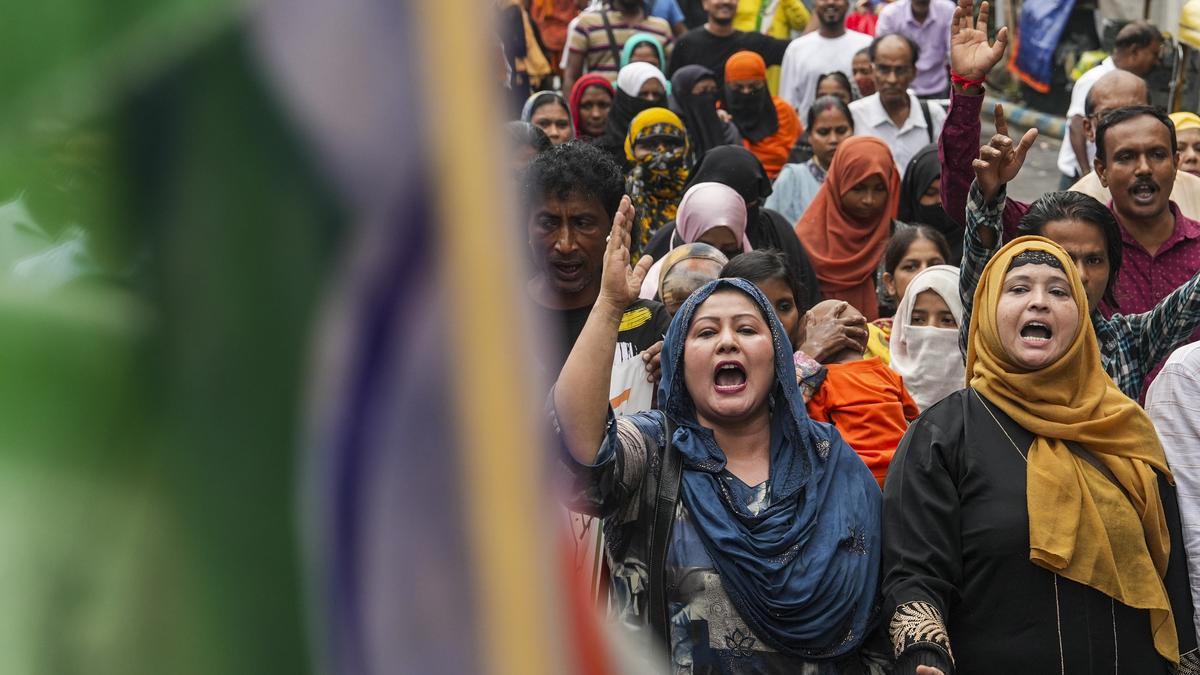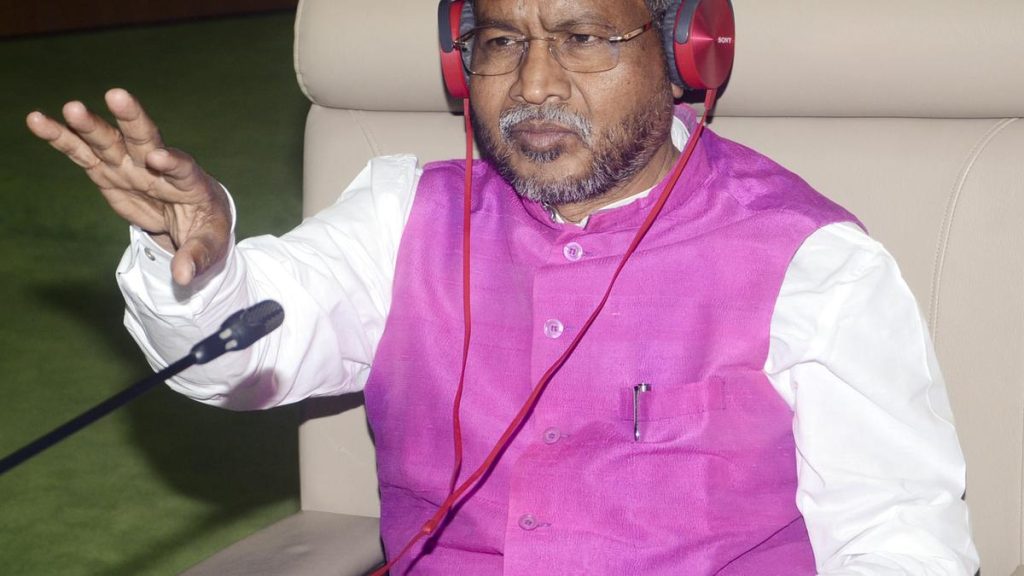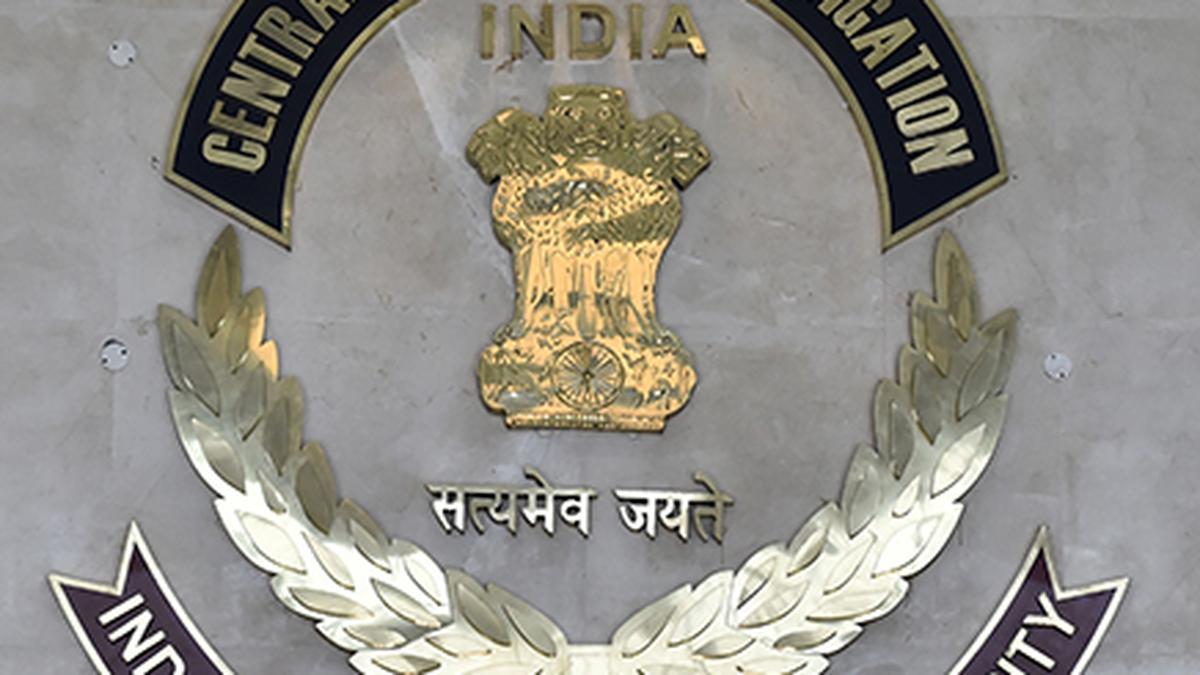Now Reading: Hyphenated Identities: The Paradox of Nation-States
-
01
Hyphenated Identities: The Paradox of Nation-States
Hyphenated Identities: The Paradox of Nation-States

Quick Summary:
- Recent episodes of harassment and deportation of migrant workers from west Bengal have sparked political debate in the state.
- These workers, suspected of being illegal migrants from Bangladesh, highlight broader questions around national identity and belonging in India.
- The issue underscores a recurring theme across India’s history: certain ethnic and regional groups are repeatedly viewed as precarious citizens with contested loyalty.
- Ideological debates focus on “hyphenated nationality,” wherein communities are tethered to their ethnic homelands despite holding Indian citizenship.
- The paradox traces back to modern nation-state models that demand both diversity for economic/cultural vitality and homogeneity for political unity, often creating exclusionary categories.
- The harassment reflects deeper structural contradictions in the nation-state’s framework, blending legal protocols (citizenship documents) with moral-cultural narratives (national loyalty).
Indian Opinion Analysis:
The plight of Bengali migrant workers reveals the enduring complexity of identity within India’s diverse borders. Challenges like this go beyond immediate legal disputes or administrative fails-they expose systemic tensions intrinsic to post-colonial nation-states. While border security concerns or electoral politics may partly drive actions against these migrants, the heart of the issue lies deeper: balancing individual rights and collective national identity without enforcing exclusionary judgments.
For India specifically, such cases reflect unresolved struggles tied to its multicultural character-where ethnic distinctions coexist uneasily under a singular constitutional framework. As migration continues amidst globalization pressures, future policies must navigate not only practical guarantees like documentation but also societal perceptions that fuel discrimination based on cultural markers. A thoughtful reevaluation is needed if India aims to remain cohesive across its diversity without falling into divisive traps inherent in rigid nationalist doctrines.

























